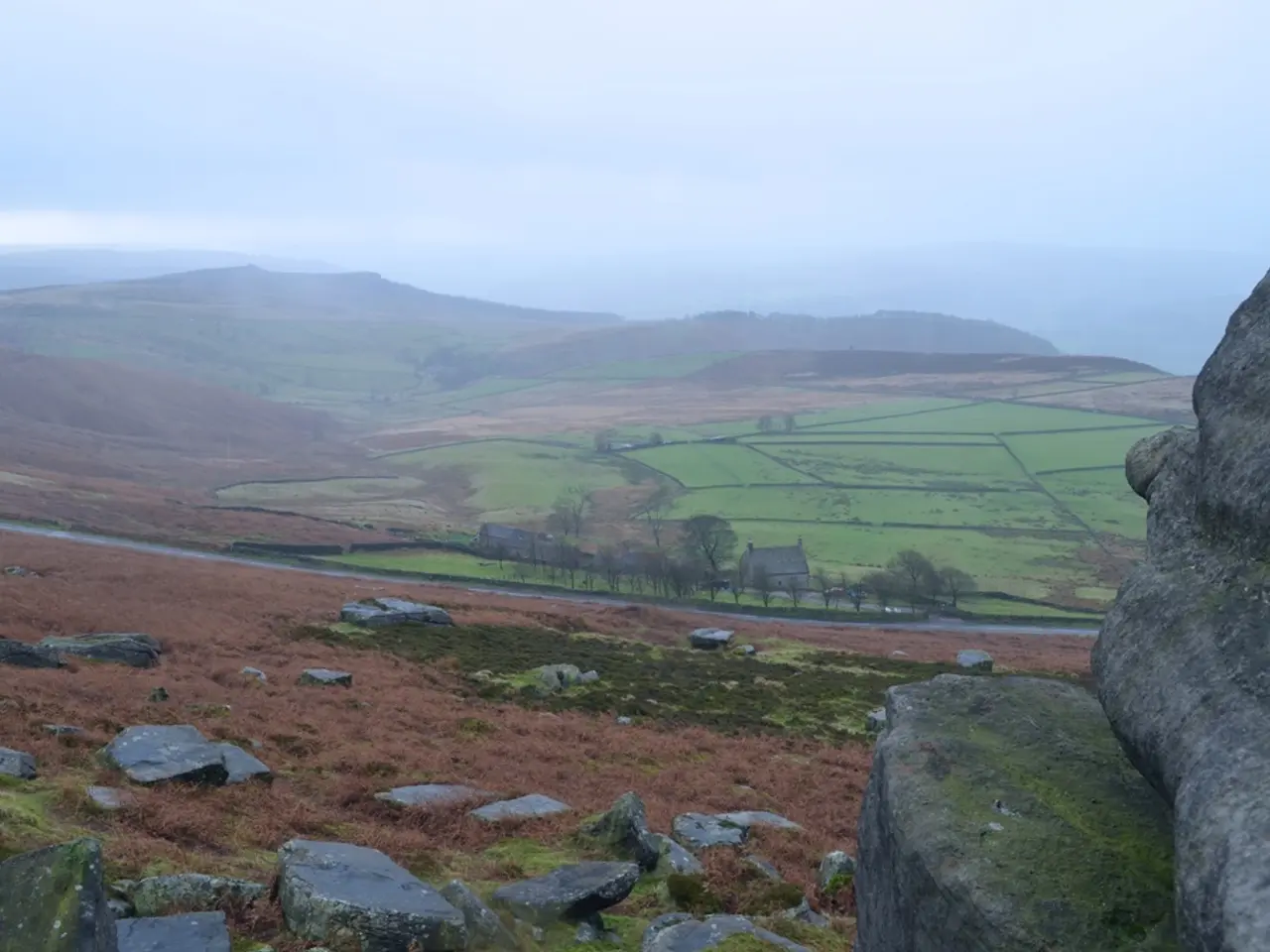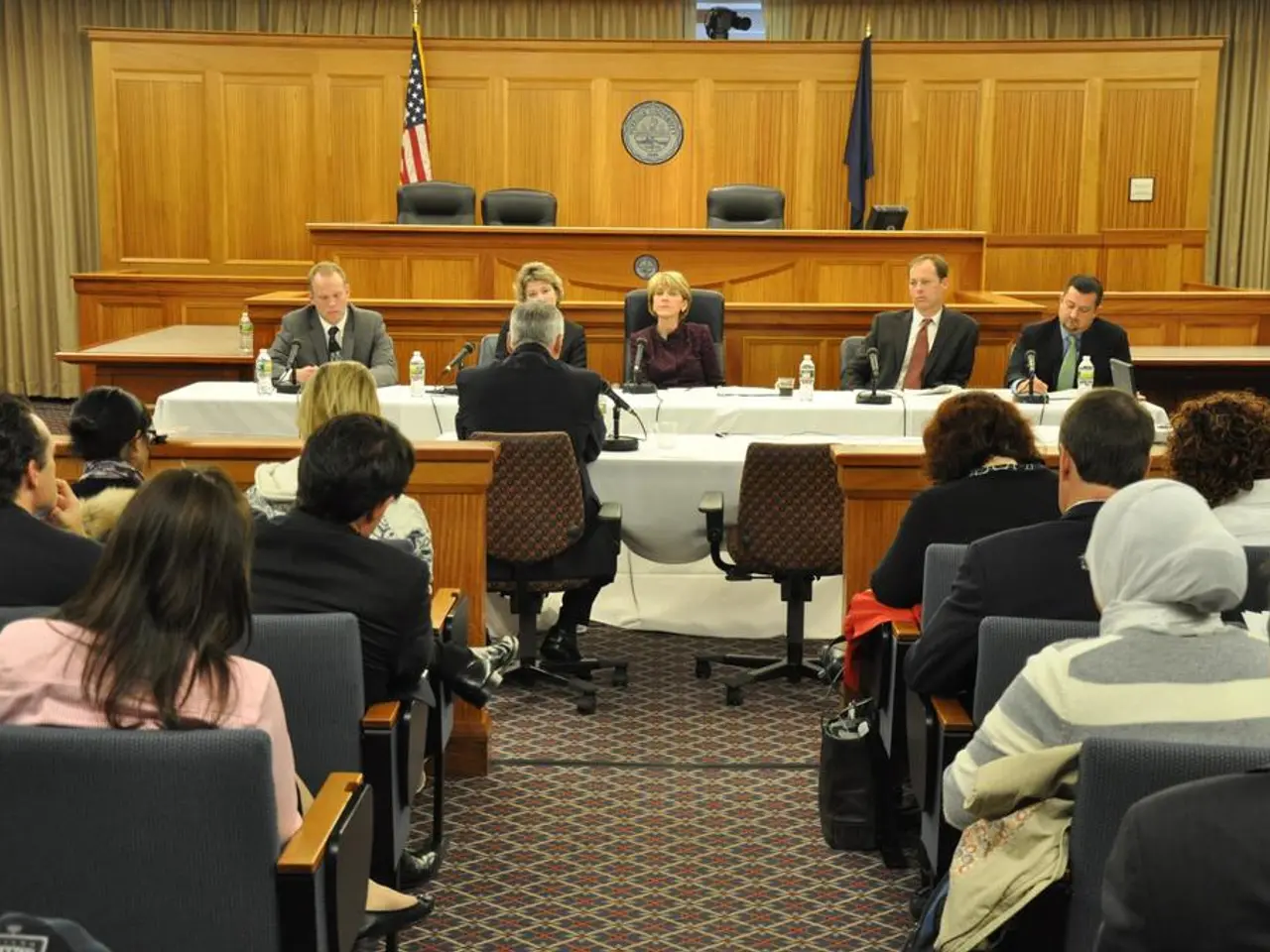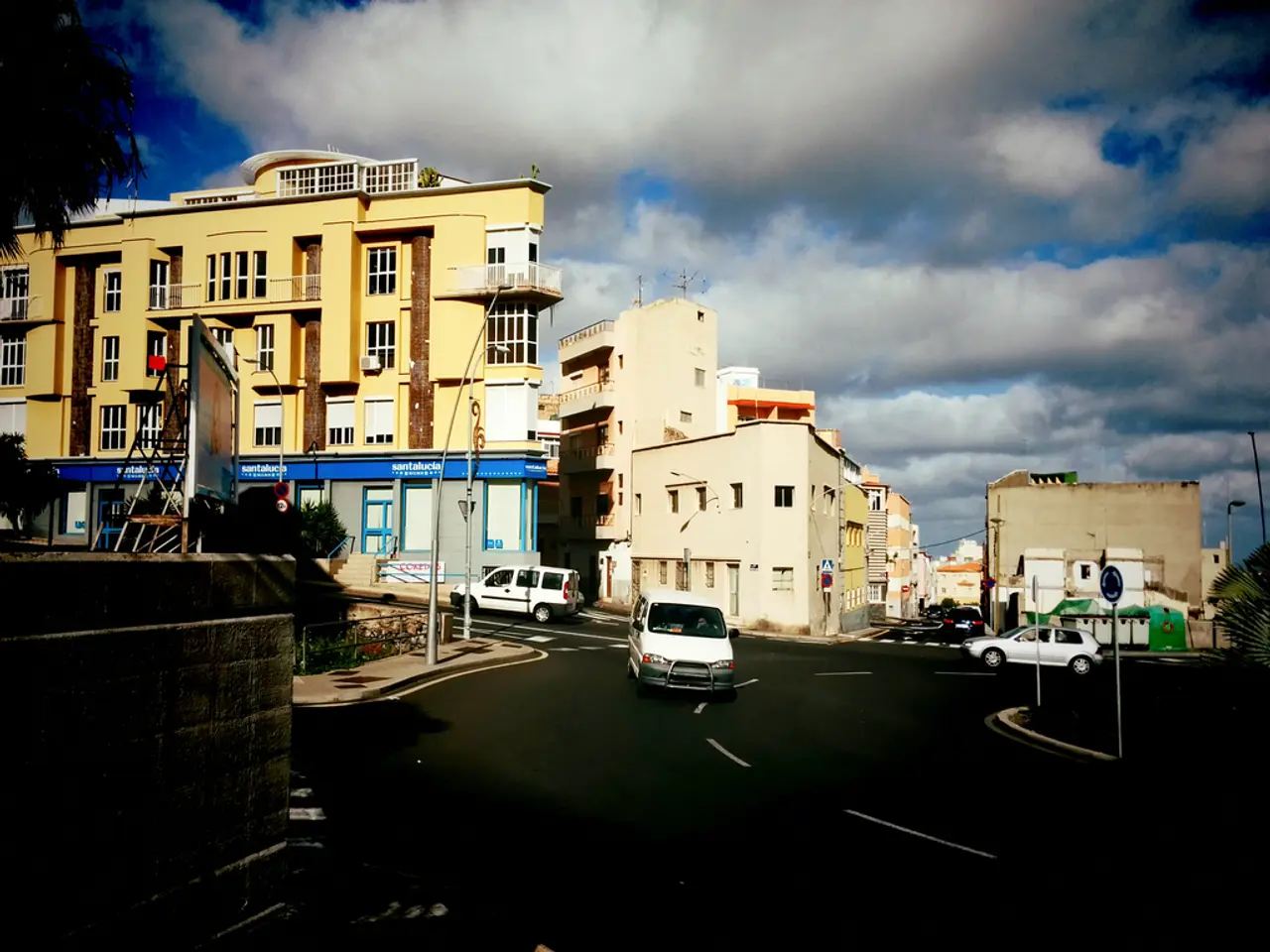Tomorrow, President Tokayev is set to participate in the United Nations Conference addressing the challenges faced by landlocked developing countries.
The Third UN Conference on Landlocked Developing Countries (LLDC3) is set to take place from August 5 to August 8, 2025, in Awaza, Turkmenistan [1][2]. This significant event, organized by the United Nations, aims to foster prosperity, promote a more equitable future, and explore solutions for the challenges faced by 32 landlocked developing countries [3].
These countries, often grappling with high trade costs, geographic isolation, limited diversification, and infrastructure deficits, are the focus of the conference [4][5]. The event, being reported by Akorda, promises to address these challenges and unlock the full potential of these nations.
Key solutions and partnerships being explored at the conference include driving progress through meaningful international cooperation, recognizing the importance of partnerships among governments, international organizations, civil society, youth, and parliaments to address LLDC-specific challenges [1][3].
The conference also seeks to implement the Awaza Programme of Action (POA) 2024-2034, a global framework adopted at the conference. This POA aims to overcome structural and geographic barriers that impede sustainable development, focusing on trade facilitation, infrastructure development, economic diversification, and strengthening resilience against external shocks [4].
Another crucial aspect of the conference is enhancing trade connectivity and infrastructure. Discussions will target reducing transit delays and costs by improving regional transit systems and trade routes, thus alleviating LLDCs' reliance on neighbouring transit countries [1][2].
Addressing economic vulnerabilities is also a key focus. Strategies to reduce dependency on raw commodity exports, expand economic bases, and manage rising debt burdens will be highlighted to foster inclusive growth and resilience [5].
The conference also places great emphasis on inclusive participation. Deliberations with youth, civil society, parliamentary bodies, and high-level roundtables reflect a broad consultative approach for sustainable development initiatives [1][2].
Countries, including Turkmenistan (host) and Türkiye, along with over 5,700 participants from 103 countries and numerous international organizations, will collaborate to reinforce solidarity for LLDCs and mobilize resources for the POA's successful implementation [1][2][4].
In summary, the key solutions at LLDC3 revolve around enhancing partnerships, adopting a comprehensive development framework (Awaza POA), improving trade and transport infrastructure, diversifying economies, and ensuring inclusive dialogue to overcome the systemic challenges faced by landlocked developing countries. The conference provides a unique opportunity to forge partnerships and explore solutions that can help these nations achieve sustainable development and prosperity.
[1] Akorda. (n.d.). Third UN Conference on Landlocked Developing Countries. Retrieved from https://www.akorda.kz/en/news/third-un-conference-on-landlocked-developing-countries [2] United Nations. (n.d.). Third UN Conference on Landlocked Developing Countries. Retrieved from https://www.un.org/events/lldc3 [3] United Nations Office of the High Representative for the Least Developed Countries, Landlocked Developing Countries and Small Island Developing States. (n.d.). Third United Nations Conference on Landlocked Developing Countries. Retrieved from https://unohrlls.org/third-un-conference-on-landlocked-developing-countries [4] United Nations Conference on Trade and Development. (n.d.). Third United Nations Conference on Landlocked Developing Countries. Retrieved from https://unctad.org/en/pages/newsdetails.aspx?OriginalVersionID=2154 [5] World Bank Group. (n.d.). Third United Nations Conference on Landlocked Developing Countries. Retrieved from https://www.worldbank.org/en/events/2025/08/05/third-united-nations-conference-on-landlocked-developing-countries
- The Third UN Conference on Landlocked Developing Countries (LLDC3) will aim to tackle challenges in policy-and-legislation, trade, and infrastructure, as well as economic vulnerabilities, with a focus on promoting progress through meaningful international cooperation, implementing the Awaza Programme of Action (POA) 2024-2034, and enhancing trade connectivity and infrastructure.
- The conference will also prioritize inclusive participation, ensuring deliberations with youth, civil society, parliamentary bodies, and high-level roundtables, reinforcing solidarity for landlocked developing countries and mobilizing resources for the successful implementation of the POA.






